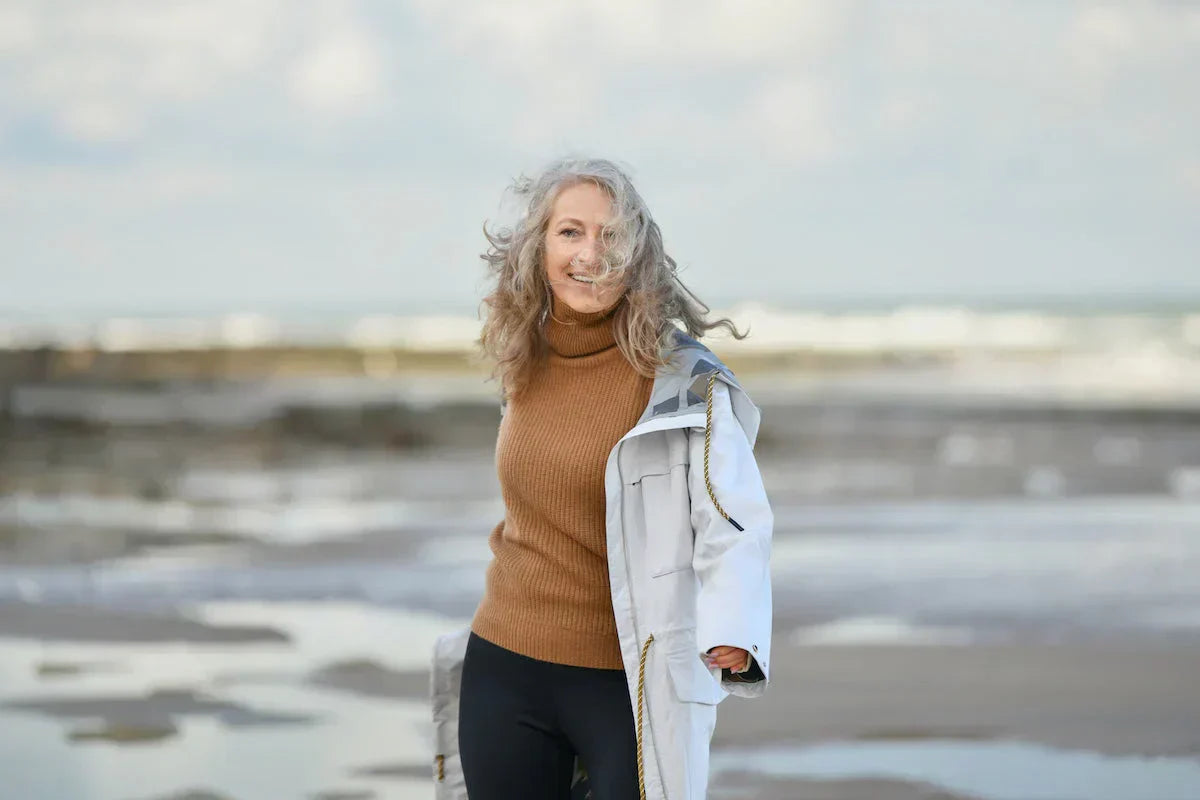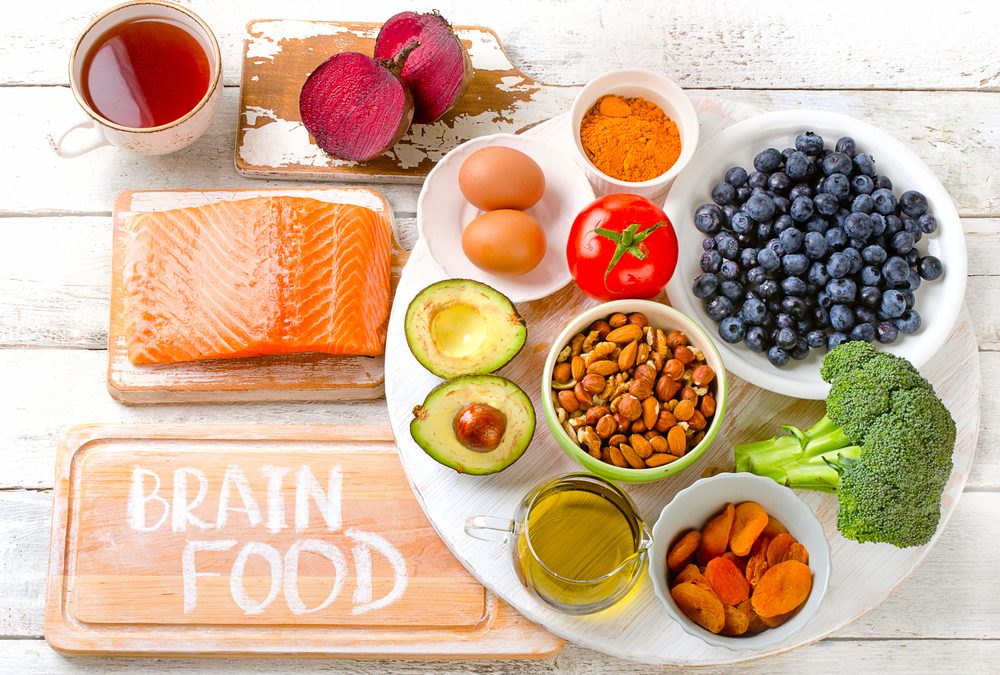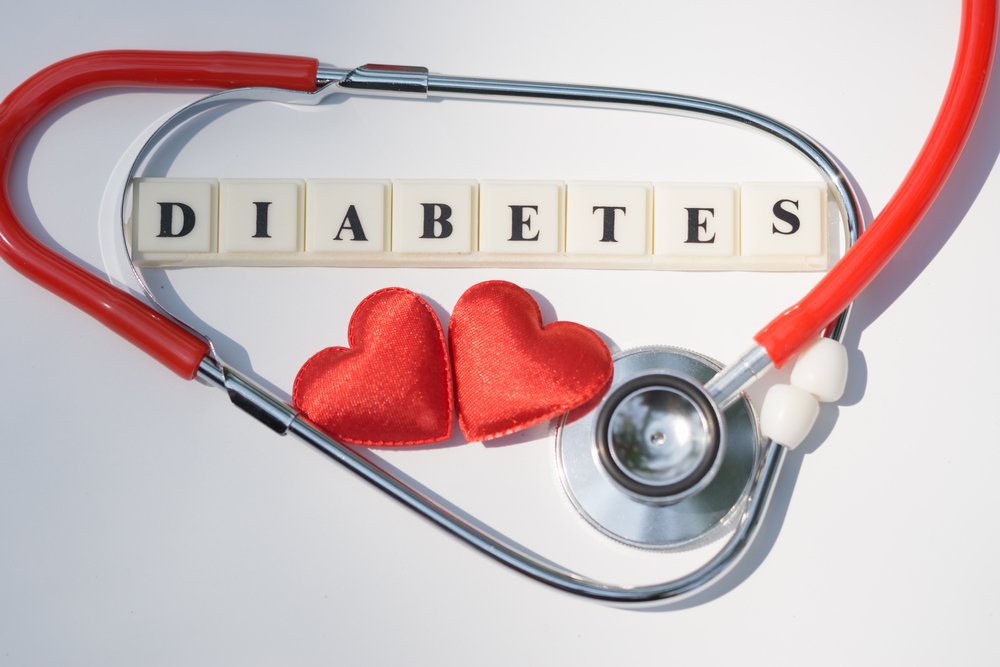Collagen often steals the spotlight for its beauty and joint-supporting benefits — but here’s something even more fascinating: your body actually produces collagen on its own. This natural process, known as collagen synthesis, happens inside you every single day and is key to maintaining strong skin, bones, and connective tissues.
Understanding how your body makes collagen — and what can slow it down — can help you make smarter choices for your long-term health.
What Is Collagen Synthesis?
Simply put, collagen synthesis is your body’s way of building and renewing collagen proteins. Specialized cells — called fibroblasts in the skin and connective tissue, and osteoblasts in bones — act like small construction teams. They take amino acids from the food you eat and assemble them into tough, rope-like fibers that give your skin firmness, your bones resilience, and your joints flexibility.
Without consistent collagen production, tissues lose structure and elasticity, leading to signs of aging, stiffness, and slower healing.
The Key Ingredients for Collagen Production
1. Amino Acids: Nature’s Building Blocks
Collagen’s structure relies on three main amino acids: glycine, proline, and hydroxyproline. These combine to form collagen’s distinctive triple-helix shape, which gives it incredible strength and stability. A protein-rich diet — including fish, eggs, and lean meats — ensures your body has the raw materials it needs to build these fibers.
2. Vitamin C: The Essential Catalyst
You’ve probably heard that vitamin C boosts immunity — but it’s also indispensable for collagen synthesis. It activates the enzymes that link collagen fibers together, strengthening the overall network. Without enough vitamin C, new collagen can’t form correctly, leading to weaker skin, poor wound healing, and gum issues.
3. Cross-Linking: The Reinforcement Stage
Once amino acids are assembled, your body performs a final step called cross-linking, which reinforces the collagen matrix. This gives your skin its firmness, your cartilage its spring, and your bones their ability to absorb impact.
What Slows Collagen Synthesis?
Even though collagen production is a natural process, several factors can interfere with it:
-
Aging: After about age 25, collagen synthesis begins to decline by roughly 1% each year.
-
Nutrient Deficiencies: Low protein or vitamin C intake limits collagen-building capacity.
-
Excessive Sun Exposure: UV rays damage the fibroblasts responsible for making collagen.
-
Smoking & Alcohol: Both reduce oxygen flow and accelerate collagen breakdown.
-
Stress & Poor Sleep: Chronic stress hormones hinder the body’s repair mechanisms.
How to Boost Collagen Naturally
Eat for Collagen Support
Focus on nutrient-dense foods:
-
Vitamin C: citrus fruits, strawberries, kiwi, and bell peppers
-
Protein: fish, eggs, chicken, and legumes
-
Minerals: zinc and copper from nuts, seeds, and whole grains
Add a Bioavailable Collagen Supplement
To give your body an extra edge, consider adding a hydrolyzed marine collagen supplement. Ballstad Salmon Collagen is a clean, sustainably sourced option rich in Type I collagen — the same type that makes up most of your skin, bones, and connective tissues. Its low molecular weight means it’s highly bioavailable, so your body can absorb and use it efficiently.
Prioritize Healthy Habits
Stay hydrated, protect your skin from UV exposure, and manage stress through movement or mindfulness. Small daily habits make a big impact on your body’s ability to sustain collagen production.
Why Collagen Synthesis Matters
Collagen synthesis isn’t just about youthful skin — it’s the foundation of resilient joints, strong bones, and smooth movement. Supporting your body’s natural collagen-building process helps you stay active, vibrant, and healthy as you age.
By nourishing your body with the right nutrients — and supplementing with a premium, bioavailable marine collagen like Ballstad’s — you help your body keep the collagen factory running at full capacity. Over time, the difference shows: in your skin’s glow, your strength, and your everyday vitality.




